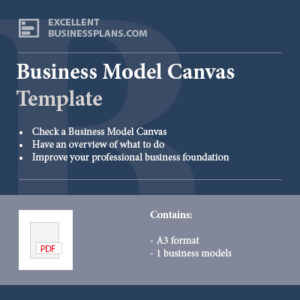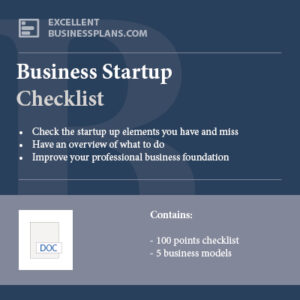Which type of company is most started?
The types of companies that are most commonly started can vary depending on various factors such as market trends, entrepreneurial interests, and economic conditions. However, some of the most frequently started types of companies include:
Here’s a list of 25 commonly started types of companies:
- Technology startups
- E-commerce startups
- Service-based startups (consulting, marketing, design, etc.)
- Food and beverage startups
- Sustainability-focused startups
- Healthtech startups
- Fintech startups
- Social impact startups
- Artificial intelligence startups
- Mobile app startups
- Software development startups
- Education technology startups
- Fashion and apparel startups
- Travel and tourism startups
- Beauty and cosmetics startups
- Fitness and wellness startups
- Real estate startups
- Gaming and entertainment startups
- Automotive startups
- Agriculture and farming startups
- Logistics and transportation startups
- Media and publishing startups
- Renewable energy startups
- Virtual reality (VR) and augmented reality (AR) startups
- Robotics and automation startups
Areas of startups
Technology startups: These include companies focused on software development, mobile apps, artificial intelligence, blockchain, and other emerging technologies.
E-commerce startups: With the growth of online shopping, many entrepreneurs are starting e-commerce businesses, selling products and services through online platforms.
Service-based startups: This category includes businesses offering services like consulting, marketing, design, healthcare, education, and more.
Food and beverage startups: From restaurants and cafes to food delivery services and specialty food products, the food and beverage industry has seen a rise in startups.
Sustainability-focused startups: With increasing environmental awareness, startups focusing on renewable energy, sustainable products, waste management, and eco-friendly solutions have gained traction.
Healthtech startups: These startups leverage technology to improve healthcare services, telemedicine, digital health platforms, medical devices, and health data analytics.
Fintech startups: Financial technology startups disrupt traditional banking and financial services with innovations in payments, lending, investment, and personal finance management.
Social impact startups: These startups aim to address social or environmental issues, such as poverty alleviation, education access, healthcare improvement, and sustainable development.
It’s important to note that this list is not exhaustive, and the startup landscape is diverse and constantly evolving. The type of company most started can also vary based on geographical location and cultural factors.
Please note that this list is not exhaustive, and there are numerous other types of companies that entrepreneurs start based on their interests, market opportunities, and industry trends.
Here are some basic new enterprises for your ideas:
Top 10 common new businesses started
- Restaurant (people always need food)
- Hair dressers (people aways need personal grooming) / barbershop
- Taxi driver (people always need transport)
- Phone business (people always need phones/personal connections)
- Car/something repair business
- Software company (high development cost)
- Recruitment agency (low startup capital)
- Sell own services as an independent (freelancer)
- Online marketing agency (online media usage)
- Consultancy firm (low startup capital need)
And … what is your business idea? Go explore!






